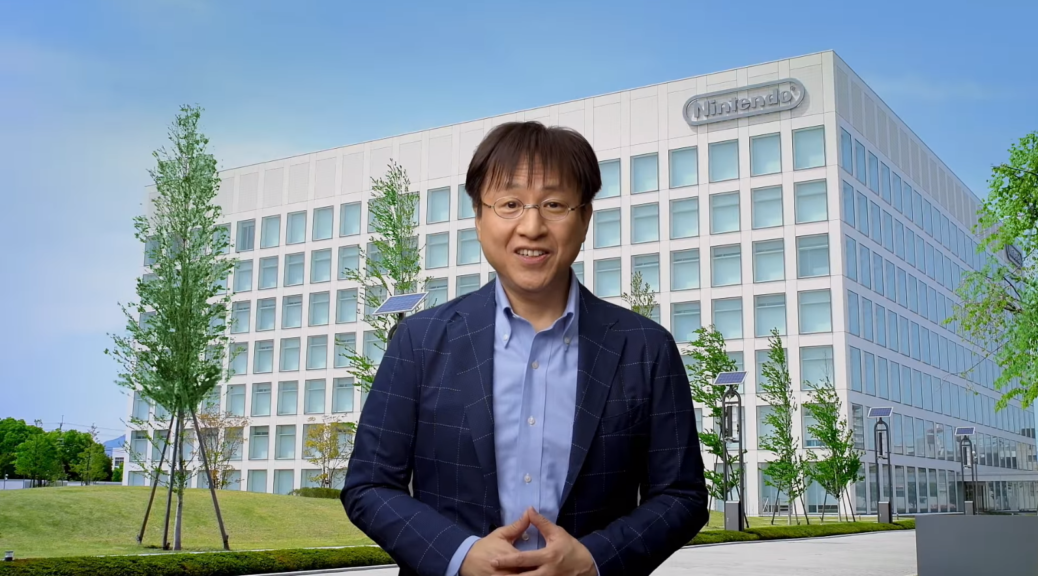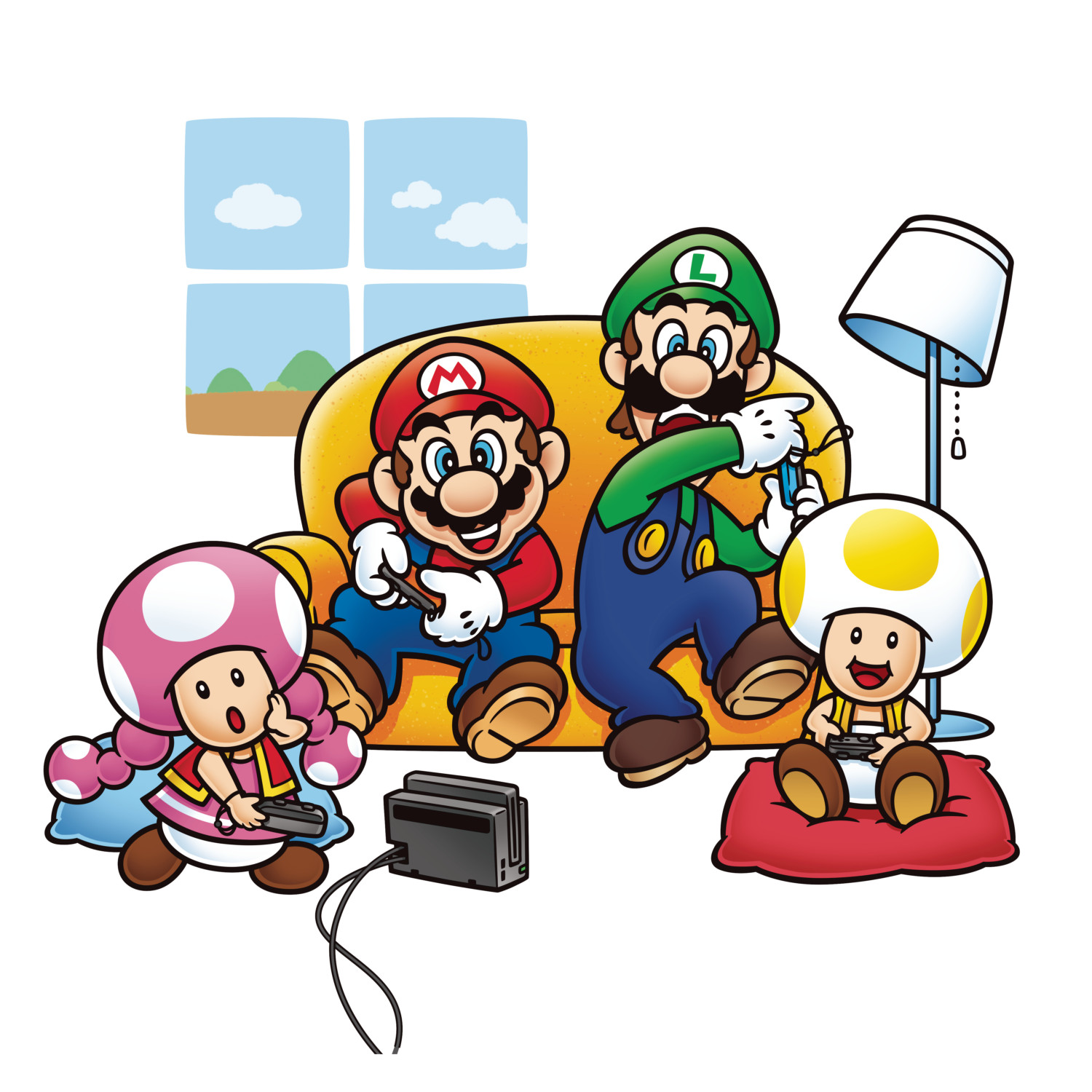
Takahashi: Nintendo Doesn’t Hire Yes-Man, We Look For Creative People
The Guardian recently received the opportunity to interview Nintendo Switch architect Shinya Takahashi, who now plays a major role at Nintendo.
One of the many things they discussed about was how Nintendo hires people. According to Takahashi, most Japanese companies usually hire people straight out of college. What Nintendo looks for are people who really understand what they have accomplished throughout their college years. In other words, someone who has a lot of determination and knowledge in completing a large scale project is very likely to be hired by Nintendo.
Takahashi then mentioned that the quality of what the students made in their college years don’t matter to him. He also says Nintendo likes employees to question and ask themselves ‘is this direction correct?’, rather than simply listening and agreeing to their bosses.
Check out the full interview with Shinya Takahashi below.
“People always ask us whether we take risks on purpose. But to us, we don’t really take risks – we just keep trying new things. The thinking that guides us is: what can we do to pleasantly surprise players? It’s not that we’re consciously trying to innovate; we’re trying to find ways to make people happy. The result is that we come up with things other people have not done.
In many cases, we begin by assigning a small group to a project; not necessarily senior staff, but developers, to try and come up with ideas. Those lead to the end product. Super Mario Odyssey is a good example to explain this: we actually had several small groups and as a result we had many different ideas, which we then put together to make a single product. Naturally during the course of early development, we find the right mission for each project. I believe every game has a different mission. With [Nintendo Switch launch game] 1-2 Switch, for example, the mission was to make a party game where players would not have to look at the screen – where people would face each other.”
Nintendo’s unique approach also bleeds into how they hire new employees, which Takahashi detailed.
“The Japanese hiring system is different from western companies. Typically in Japan, we hire people straight out of college. We have many candidates applying to Nintendo, and in many cases, the ones we hire are the ones who really understand what they have accomplished through their college years. If we see an artist who was very focused and determined about creating a single large-scale project, and they accomplished this over many years, or if we see a person who worked on a single movie from the beginning to the end of their course – that type of person needs a lot of determination and knowledge to accomplish such a thing. That’s what we’re looking for.
The bottom line is, the quality of the end product that those students created doesn’t really matter to me. How they kept their focus, what they thought throughout those years … that’s what important to me. We like our staff members to be as creative as possible – and creative people should not just listen to their bosses saying ‘Yes sir’, or ‘Yes ma’am’. I want them to always ask themselves, ‘Is this direction correct?’”
One of the keys to Nintendo’s success is the cooperation between the hardware and software teams. Their close-knit nature is crucial for fostering new ideas.
“We have the software team and the hardware team working very closely together. From the hardware perspective, they will sometimes come to the software group and say, ‘We have this particular chipset that we’re thinking about using in our next system, can you take advantage of this?’ But sometimes, the software team goes to hardware team and says, ‘We’re working with this theme, can you look into the technical possibilities, and see if you can come up with hardware features to accommodate it?’
This is the advantage we have at Nintendo as a software/hardware integrated organisation – when we do research for our new hardware systems, our software developers, our artists, our programmers and our hardware engineers all get together and decide what we should aim for. We’ve been doing that for many years.”
Sometimes those teams are looking at the latest industry tech, and other times they come up with an idea like Nintendo Labo. Takahashi discussed how Nintendo’s approach leads them to both new and old tech.
“We want to make new and surprising things, so we always keep an eye on new technology. That said, in order for us to create surprising things, we also look at older technologies to see if we can leverage them in new ways. New technologies tend to be a bit too advanced – we try to find ways to make technology more approachable.”
